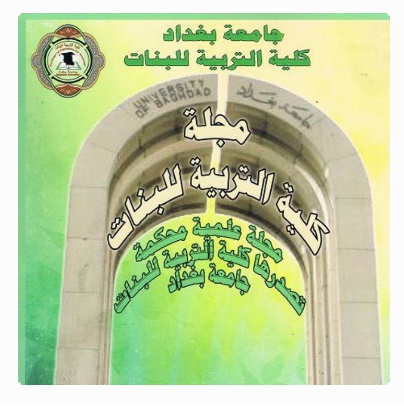Translating the Genre of Quran: the Challenge of translating the inimitable
Translating the Genre of Quran: the Challenge of translating the inimitable
Abstract
Abstract
The main question raised in this paper is: Is it possible to translate the ‘genre’
of Quran? And if this ‘genre’ is Quran specific, a ‘genre’ of its own, i.e. a unique one,
how can the Quranic text be translated from Arabic into English or any other
language? This question has been raising a lot of controversy among translation
theorists, linguists, philosophers and scholars of Islam and specialists in the sciences
of Arabic language let alone Quran exegetes. Scholars of the Arabic language and
scholars of Islam have argued that because of the genre of Quran is the genre of (ijaz),
translatability can never be possible. Equivalence, thus, cannot be achieved especially
if we know that so far there has been no unanimous definition of the term.
Therefore, what translators of the Quranic text are involved with is transferring
meaning of the Quranic text. But meaning (content) is encapsulated in the Form
which is distinctly and uniquely rhetorical in Quran. In other words, such an
inextricable content-form relationship should make the process of transferring
meaning not an easy one at all, especially as we know that the Quranic text is sacred
and sensitive.
Thus, the periphrastic way which has already been put forward by Raof
(2001: 6) can be seen as a convenient solution to achieve a degree of approximation
between the source text and the target text.
Having supported the notion of approximation, I opted to choose certain
verses with certain syntactic and lexical aspects from the Quran. The point is to
compare three versions of translations of each verse to see which version is most
approximate to the Quranic text of the verse. The three versions are by Abdullah
Yusuf Ali (non Arab Moslem), Marmaduke Pickthall ( a British national who
converted to Islam) and Ahl-lul-Bait institution ( a Moslem Assembly with Arabic as
mother tongue).
To support my argument, I relied on Al-Mezan Fi-Tafseer Al-Quran (Al-
Mezan Exegesis) by the Moslem scholar Mohammed Hussein Tabatabae (2006) and
the authentic monolingual Arabic Dictionary Lisan Al-Arab (Ibn Manzur: 2005 ed.4).
One main conclusion made in this paper is that the task of translating the meaning of
Quran cannot be rightfully carried out by translators on individual basis. Rather, it
must be institutionalized. There is a need for setting up a special institution entrusted
with such a meticulous job.

Published
Issue
Section
License
![]()
All articles published in Journal of College of Education for Women are licensed under a Creative Commons Attribution 4.0 International License.










